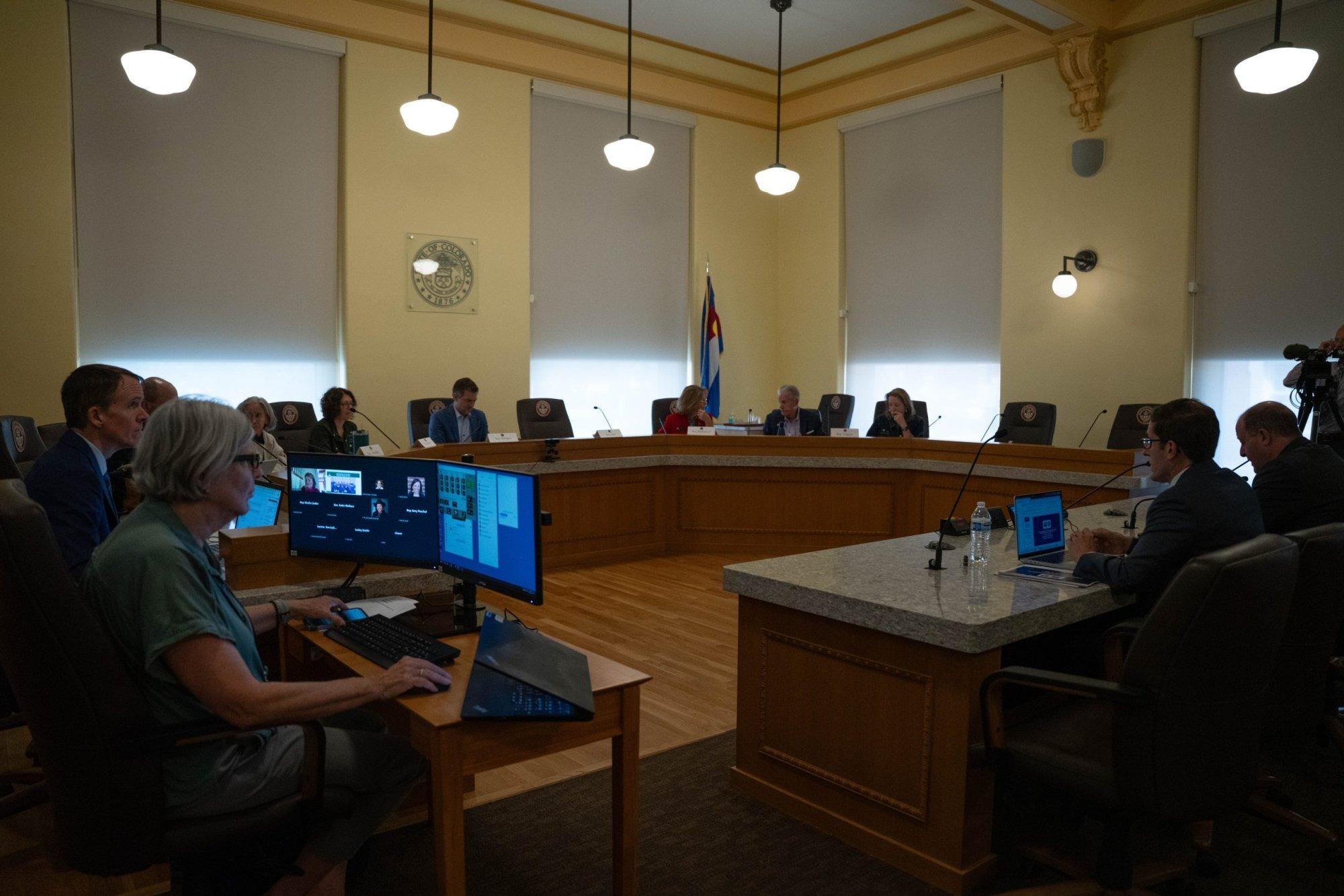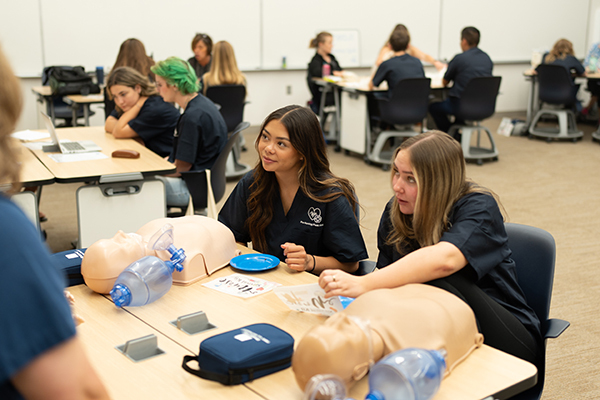New research from CU Boulder finds preschoolers eat more when they sleep less.
Researchers measured 10 children to determine how long they slept and their sleep quality. The children missed their normal afternoon nap and went to bed two hours past their normal bedtime. The next morning, they got up at the normal time.
During the day of lost sleep they consumed about 20 percent more calories than usual. The next day the children got as much sleep as needed but still ate more than normal.
Researchers say the results help explain why sleep-deprived preschoolers are more likely to become obese as they age.
According to the CDC, childhood obesity has more than doubled in the past 30 years.
A paper on the study was published in the Journal of Sleep Research.









